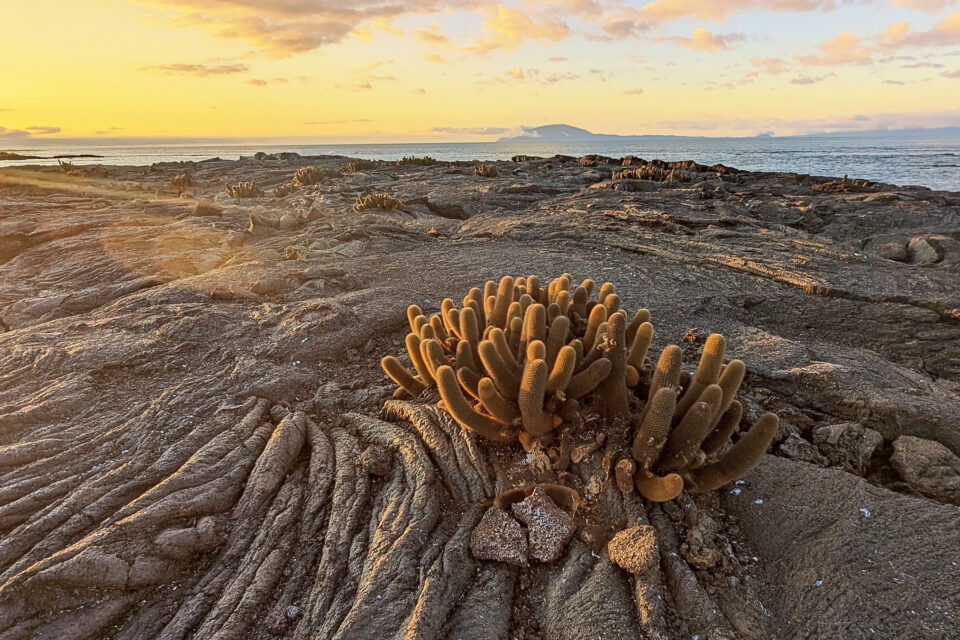

COP26 – why are we going?
GCT will be heading to COP26 in Glasgow to amplify our message that ocean protection is key to climate resilience for the Galapagos Islands. Unsustainable fishing and plastic pollution are exacerbating climate change impacts.
GCT will be heading to the UN Climate Change Conference (COP26) in Glasgow on 6 November. We will be using the event to amplify our message that ocean protection is key to climate resilience for the Galapagos Islands. The global ocean and the species that live there play a major role in capturing carbon from the atmosphere. Unsustainable fishing and plastic pollution are exacerbating climate change impacts. Beth, GCT’s Communications and Marketing Officer, is here to explain more…
What is COP26?
For nearly three decades, the UN has been bringing together almost every country in the world for global summits – called COPs – which stands for ‘Conference of the Parties’. This year the UN Climate Change Conference will take place in the UK, in Glasgow. Find out more here. Many people believe this is a pivotal moment in the fight against climate change, and action is needed now to combat the climate emergency.
What is climate change?
Climate change refers to a large-scale, long-term shift in the planet’s weather patterns and average temperatures. These shifts may be natural, but since the 1800s, human activities have been the main driver of climate change primarily due to burning fossil fuels like coal, oil and gas.
Burning fossil fuels generates greenhouse gas emissions that act like a blanket wrapped around the Earth, trapping the sun’s heat and raising temperatures. Examples of greenhouse gas emissions that are causing climate change include carbon dioxide (CO2) and methane.
Why is GCT going to COP26?
Despite being a precious global jewel for conservation, Galapagos is under threat.
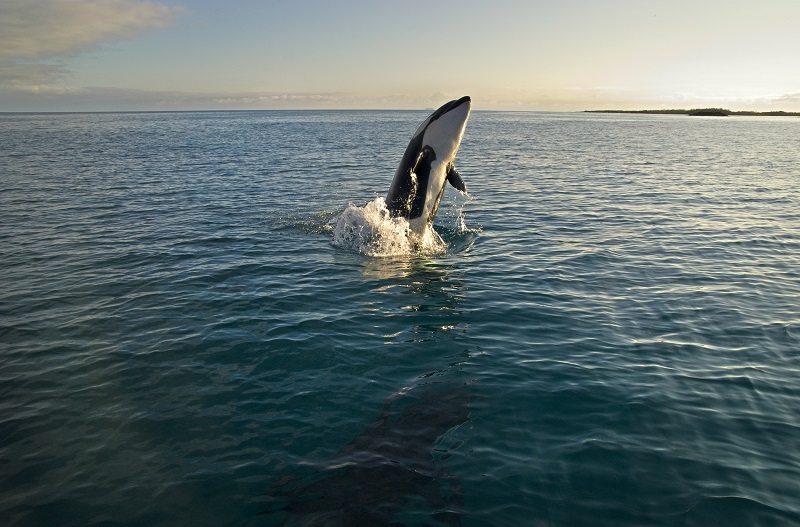
Climate change poses a considerable risk for marine species. Rising sea temperatures and changing currents impact the health of the ocean, which affects the survival of marine species and the valuable ecosystem services and food security that they provide to humans. The Galapagos community relies on tourism and fishing, which are intrinsically linked with ocean health. Healthy oceans have a greater chance of withstanding the impacts of a changing climate.
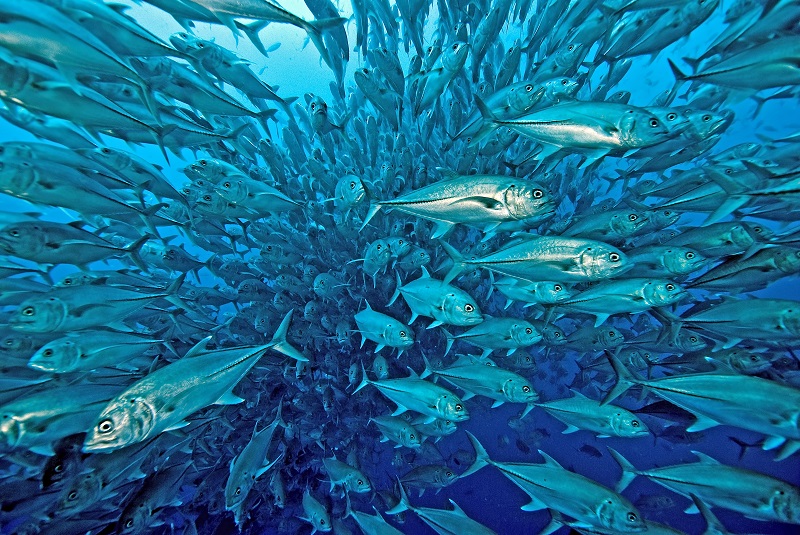
Overfishing and illegal, unreported and unregulated fishing, exacerbated by the impacts of climate change, can cause the collapse of fish populations and destabilise ecosystems. International fishing fleets surround the Galapagos Marine Reserve every year. Many species are at risk, especially sharks, which play an essential role in keeping our oceans healthy and ecologically balanced. Therefore, conserving sharks and other marine species has important implications for mitigating climate change and sustaining essential ecosystem services and livelihoods for coastal communities.
Plastic pollution is also a massive problem in the fight for a healthy ocean and against climate change. Plastic waste is physically polluting the waters and killing marine megafauna – at least 38 different species in the Galapagos Islands, including turtles, marine iguanas, and sea lions, have been negatively affected by this plastic pollution. Greenhouse gases are also emitted at every stage of the plastic lifecycle, from extracting fossil fuels to managing plastic waste.
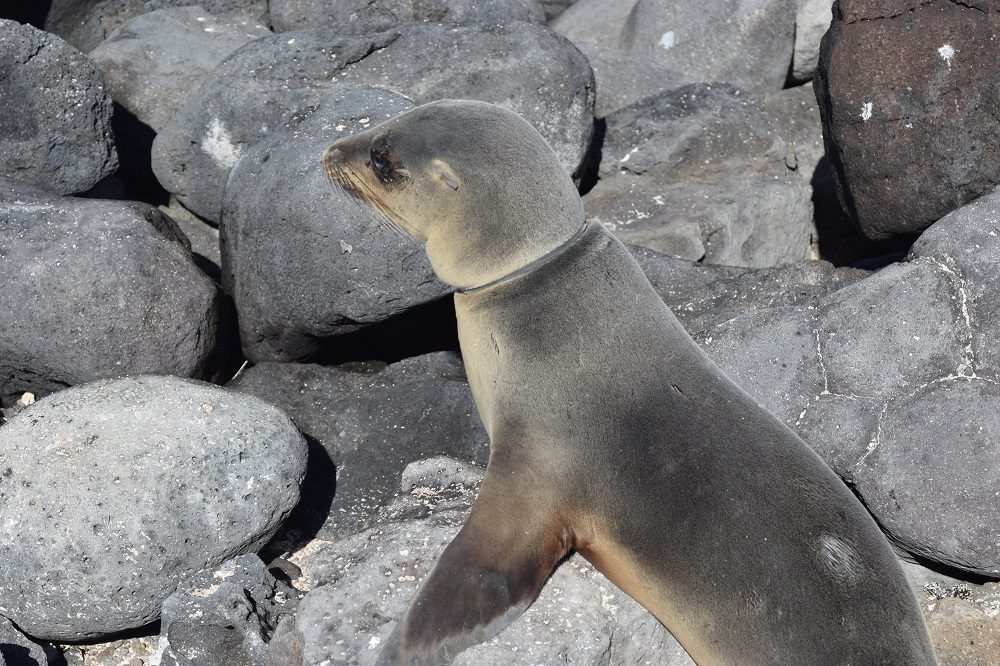
GCT is taking a holistic approach to protecting the wildlife and communities in the Galapagos Islands from the threats of climate change, overfishing and pollution. We are using our platform at COP26 to call for action from grassroots to governments to tackle the greatest threats to the Galapagos Marine Reserve by transforming pledges into collective action.
What can I do?
Take action today to protect the ocean around Galapagos and beyond. Make your climate pledge today, and share with us what worries you most about climate change in Galapagos. Keep an eye out for all our upcoming social media and join the conversation #GalapagosClimateAction.
We can be found on Facebook, Twitter, Instagram and LinkedIn.
Related articles

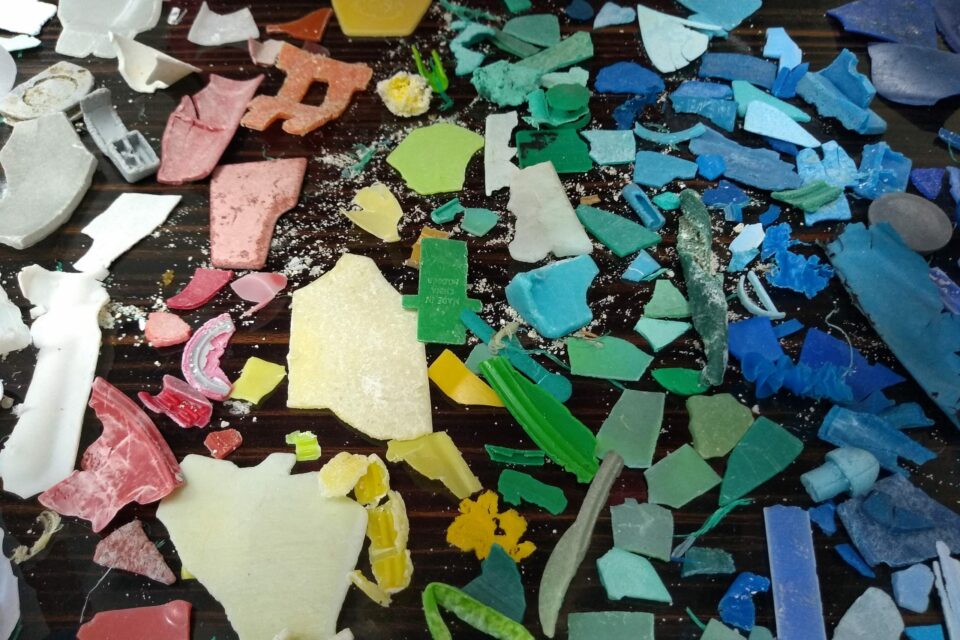
Climate change and plastic pollution: the inextricable link
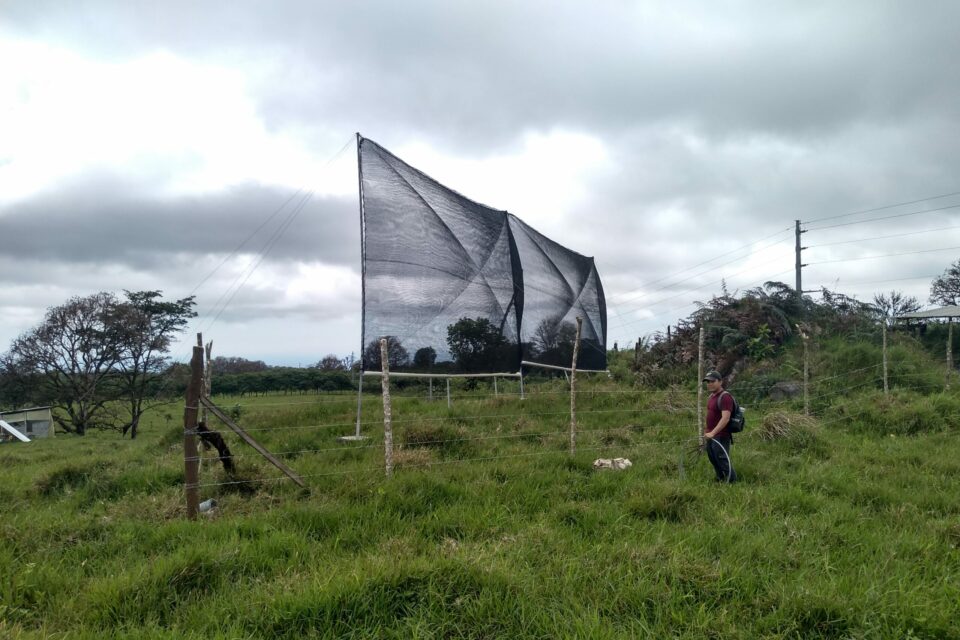
Santa Cruz: The Evolution of the Agricultural Zone


